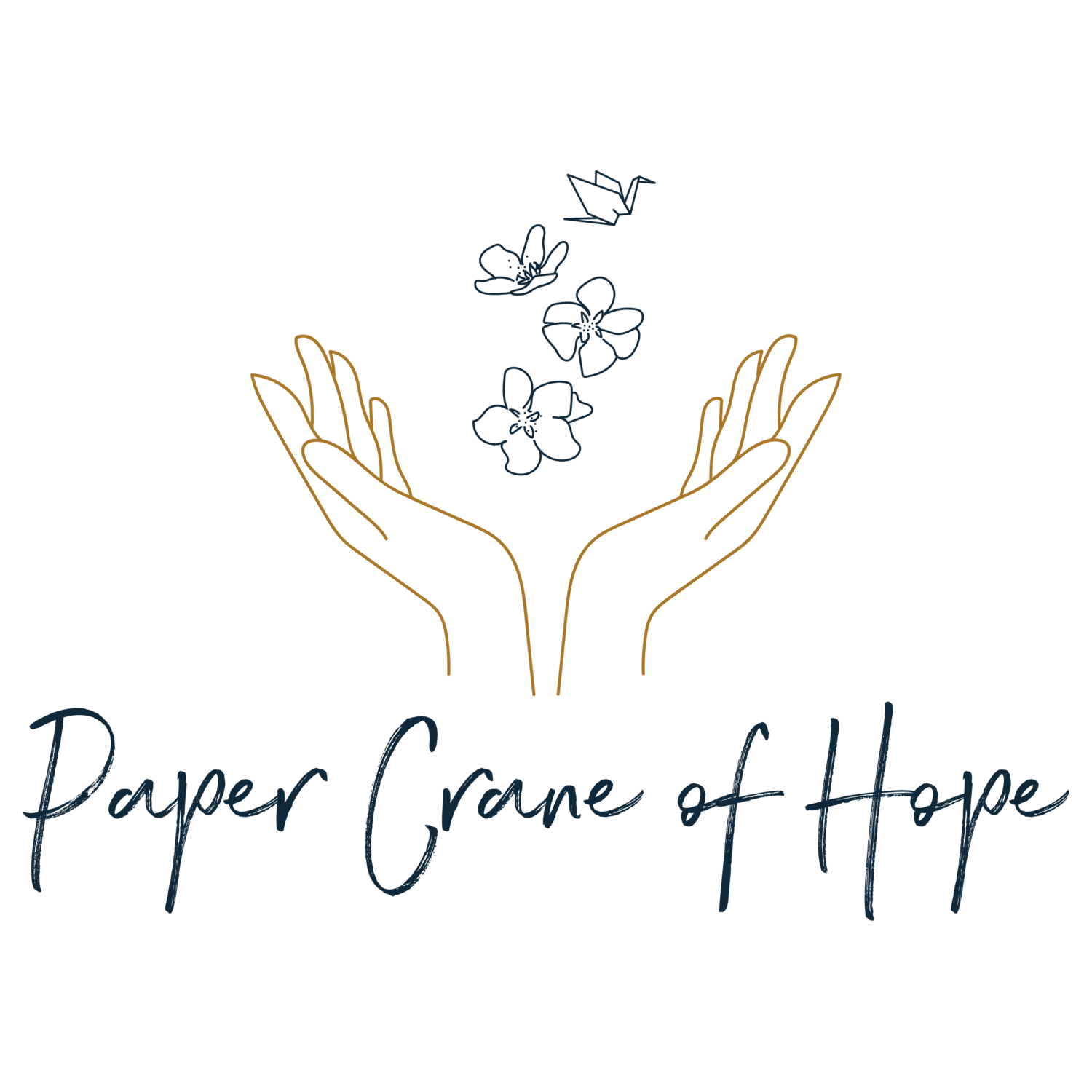How Introverts and Empaths Can Find Positivity During a Mid-Life Crisis
There’s a moment — not always loud, not always obvious — when everything inside you just shifts. Maybe it’s triggered by a birthday that ends in a zero, or a job that stopped making sense, or a quiet realization that you’ve been living out someone else’s rhythm. For introverts and empaths, that moment doesn’t shout. It hums. A low, vibrating sense of “something’s off,” paired with a deep need to reset. Mid-life doesn’t have to be a breakdown. It can be a recalibration — but only if you start listening to the friction. And for the quietly wired among us, that friction usually starts internally.
Solitude Isn’t Withdrawal — It’s Fuel
Introverts are told they “spend too much time alone” as if that’s a defect. But in mid-life, solitude becomes less about escape and more about nourishment. It’s where clarity emerges — in the in-between spaces, before the world rushes in. And not all solitude has to be a deep retreat. Research shows that even lighter forms of alone time — sitting in a parked car, walking without music, quietly drinking coffee before others wake — help in restoring calm through lighter solitude. This kind of low-pressure space gives your nervous system something it rarely gets: peace without performance. That’s not detachment. That’s preservation.
Helping Doesn’t Have to Deplete You
Some people process mid-life by chasing reinvention. Others quietly crave usefulness. For introverts and empaths, fulfillment often shows up in service — but not in burnout. That’s why structured, emotionally aligned roles like caregiving, mental health support, or wellness coaching can feel so natural. If you’ve ever felt a pull to do more with your empathy — without sacrificing your peace — you’re not alone. Programs built around online healthcare programs are quietly becoming a path back to purpose. They allow people to learn at their pace, serve on their terms, and heal while helping others heal.
Reclaim the Power of Alone Time
There’s a cultural panic around being alone, especially past 40. Silence is often seen as lack — lack of purpose, movement, relevance. But the truth? Solitude doesn’t mean absence. It means control. When you begin reframing solitude as purposeful time, it stops feeling like exile and starts feeling like agency. It becomes a place where decisions have room to breathe. And for empaths, that silence isn’t empty. It’s full — of texture, temperature, undercurrents. The world is always talking. You just need the quiet to hear it.
Your Nervous System Is Talking. Are You Listening?
Some days, you don’t need a vision board. You need 15 minutes without input. Just one pocket of quiet can shift your whole chemistry. Clinical psychologists have found that something as simple as 15-minute solitude to reduce anxiety can restore emotional balance. This isn’t a productivity hack. It’s repair. Because the reason you might feel foggy, impatient, or unmotivated isn’t always existential. Sometimes, you’re just maxed out from a thousand small pings. Solitude, especially for introverts in crisis, is not luxury. It’s triage.
You Can Care Deeply Without Carrying Everything
Mid-life often hits empaths hardest — not because they’re fragile, but because they’ve spent decades absorbing unspoken tensions from others. That unrelenting emotional load becomes a quiet crisis. You’re not just tired. You’re overloaded. What changes things isn’t more effort. It’s better filtering. Small shifts — like choosing when you engage, building transition rituals between social settings, or establishing emotional boundaries that preserve your energy — aren’t selfish. They’re survival strategies. The goal isn’t to care less. It’s to care cleanly.
There’s More In You Than You’ve Let Emerge
You don’t need a radical overhaul. You need reconnection. And that starts with recognizing what’s already inside you that got buried under logistics, expectations, and being the “reliable one.” Positive psychology points to a powerful midlife opportunity: reconnecting with inner strengths now. This isn’t about chasing a new identity. It’s about letting the truer version breathe. The one that’s been waiting beneath the noise. Purpose doesn’t arrive like a thunderclap. It builds. Slowly. Rhythmically. In alignment with who you’ve always been, not who you were told to be.
Your Emotional Reality Deserves an Anchor
When the internal ground starts shifting, you don’t always need solutions. Sometimes you just need reflection. Therapy, at this stage of life, isn’t about “fixing.” It’s about integrating. There’s strength in finding language for what’s been unsaid. And for those carrying the weight of decades of suppressed emotion, shame, or quietly managed trauma, therapy offering emotional steadiness can become the first place you’re not performing resilience. It becomes the room where you’re allowed to ask, “What now?” — and be met with something other than advice.
Here’s what most people won’t tell you about mid-life: it’s not the end of the road. It’s the halfway mark of the first loop. If you’ve felt stuck, numb, or disoriented, that doesn’t mean you’re broken. It means you’re being called to listen again — to yourself. For introverts and empaths, that voice is subtle. But it’s persistent. It doesn’t shout. It nudges. You may not know what’s next, but you do know what doesn’t fit anymore. That’s enough. That’s where the return begins.

